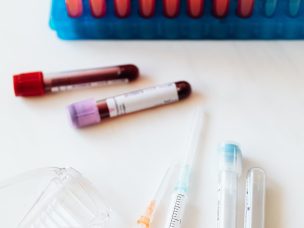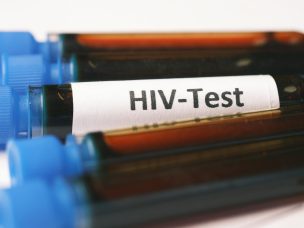HIV/AIDS
HIV and Cancer: Insights From an IARC- and NCI-Sponsored Workshop
A comprehensive workshop hosted by the International Agency for Research on Cancer and the National Cancer Institute highlights evolving patterns and research priorities in the relationship between HIV and cancer, offering new directions for managing these complex health challenges. Approximately 38 million people globally are living with HIV. This population is at increased risk for...
Social Determinants of Health Impact HIV and Heart Failure Outcomes
A recent review reveals significant impacts of social determinants like socioeconomic status, education, and geography on health outcomes for individuals with HIV and heart failure, emphasizing the need for holistic healthcare strategies. This insight may help in addressing complex health challenges and advancing integrated care approaches. A narrative review published in the journal Cureus delves...
Cardiovascular Disease Risks in HIV: Clinical Insights and Management Strategies
Individuals living with HIV are at an increased risk for cardiovascular diseases, such as myocardial infarction, heart failure, and sudden cardiac death, among others. A literature review published by Clinical Microbiology Reviews presents a detailed examination of the clinical and mechanistic evidence linking HIV with increased cardiovascular risk, discusses the implications for various cardiovascular disease...
Expanding HIV Prevention Using Self-Testing to Scale-Up Oral Prexposure Prophylaxis
In the fight against HIV, a computer projection model finds that offering pre-exposure prophylaxis through community-based methods shows promise for reaching more people. A modeling study was carried out to find ways to make pre-exposure prophylaxis (PrEP) more accessible by integrating HIV self-testing. While self-testing allows people to check their HIV status privately, there’s concern...
Opportunistic Infections in Newly Diagnosed HIV Patients in Ghana
The detection of opportunistic infections in individuals newly diagnosed with HIV serves as an indicator of the gaps in awareness and timely testing for HIV. Global initiatives have significantly enhanced early HIV detection. However, despite the strides, in many parts of the world, late diagnosis and the prevalence of opportunistic infections persist. A retrospective study...
Nurse-Led Strategy for Blood Pressure and Cholesterol Improvement in HIV
A nurse-led strategy effectively reduced blood pressure and cholesterol levels in people with HIV in a randomized trial. People with HIV (PWH) have a higher atherosclerotic cardiovascular disease risk, but they face unique barriers to its prevention, such as changing models of HIV primary care. A randomized clinical trial published in JAMA Network Open evaluated...
Benefits of Exercise and Diet Therapy for HIV/AIDS Patients
Exercise training and diet therapy improved physical fitness and salivary testosterone levels in an interventional study of people living with HIV/AIDS. Acquired immune deficiency syndrome (AIDS) is caused by the human immunodeficiency virus (HIV). Exercise and nutrition constitute important components of treatment protocols and rehabilitation care for people living with HIV/AIDS (PLWHA). However, no thorough...
Changes in Inflammatory Biomarkers and Lipid Profiles With Cabotegravir Plus Rilpivirine
Patients shifting from an oral regimen to injectable cabotegravir plus rilpivirine demonstrated a significant improvement in total cholesterol/high-density lipoprotein cholesterol in a recent retrospective cohort study; however, there were no significant changes in inflammatory biomarkers. Long-acting cabotegravir plus rilpivirine, administered via injection into the gluteus muscle, has a higher satisfaction rate compared to antiretroviral therapy...
HIV-1 Lingers Despite Long-Term Treatment
HIV-1 cannot be cured even with decades of antiretroviral therapy. A new cohort study shows that the inducible, replication-competent reservoir does not decline even with prolonged antiretroviral therapy. Antiretroviral therapy (ART) has helped suppress the HIV-1 virus to almost undetectable levels among those who adhere to the treatment. There are many people living with HIV...
More Medical News












